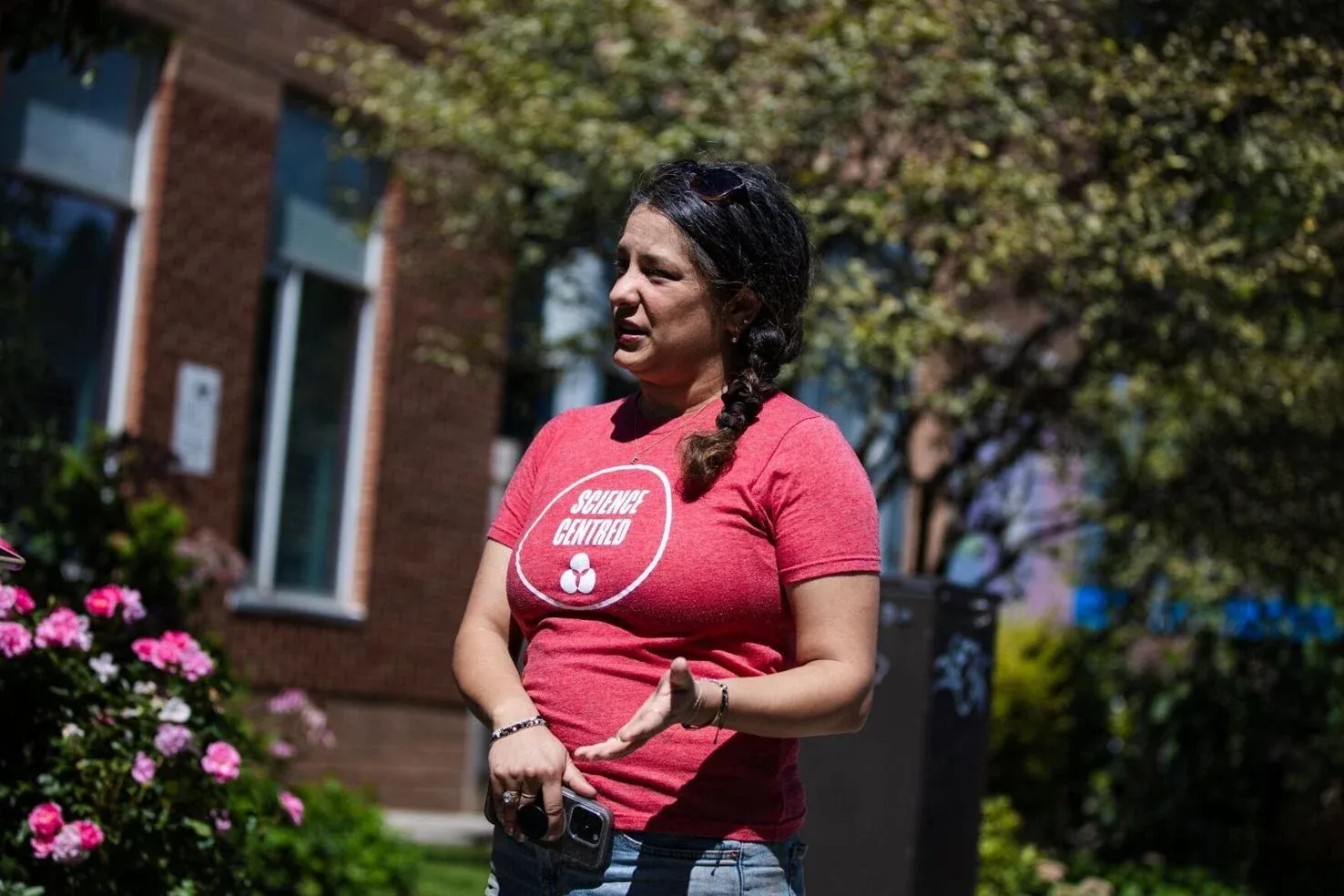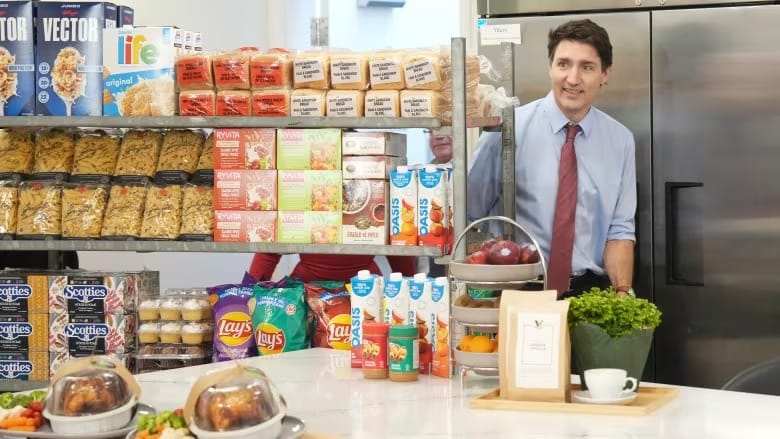Province’s decision to close several Toronto supervised drug sites divides opinions
“We will see more discarded needles on our streets. We will see increased risk of transmission of infectious diseases due to shared needles such as HIV and Hep C, and we will see more of overdoses and deaths.”

The province’s decision to shutter half of Toronto’s supervised drug consumption sites is being met with mixed reaction from residents and city officials, with some predicting the move will provide relief to beleaguered communities near the facilities, and others warning it will only lead to more deaths amid an already devastating opioid crisis.
Health Minister Sylvia Jones announced Tuesday the province will ban supervised injection sites within 200 metres of schools or childcare centres. As a result, five of the ten facilities operating in Toronto must cease operation by March 31, 2025. Five more outside the city will also close.
At a city hall news conference, Toronto Board of Health Chair Chris Moise welcomed the province’s commitment as part of the announcement of $378 million for new treatment facilities. But he declared that “closing supervised consumption services will not stop people from using drugs.”
Coun. Moise (Ward 13, Toronto Centre) said that “if sites are forced to close, we will see more public drug use in our parks and in our laneways.
“We will see more discarded needles on our streets. We will see increased risk of transmission of infectious diseases due to shared needles such as HIV and Hep C, and we will see more of overdoses and deaths.”
In a statement, a spokesperson for Mayor Olivia Chow also described the new treatment funding as “badly needed,” but said the mayor was “concerned” closing the sites would have “significant consequences,” including more overdose deaths and greater strain on emergency rooms.
Jones rejected the idea the closures will cause a spike in fatalities, telling reporters after her speech to the Association of Municipalities of Ontario in Ottawa: “People are not going to die, they’re going to get access to service.”
Premier Doug Ford’s government says it’s imposing the distance restrictions to address safety concerns around supervised consumption sites, which it says have fuelled an increase in nearby crime.
One of the facilities being shut down is at the South Riverdale Community Health Centre, where Karolina Huebner-Makurat was killed last July. Police say a dispute erupted outside the building and Huebner-Makurat, 44, was hit by a stray bullet.
Jeri Brown, one of the residents who has been organizing about the site, said Tuesday she was pleased it will close. She argued it never should have been allowed to open close to a school, but she hoped the decision “will come with a full plan in place to actually provide real support” to people with addictions.
“This was never about trying to NIMBY away people who need help. This was about let’s be really smart about it so that we keep everyone safe,” she said.
East-end resident Joni Morgen also welcomed the news, telling the Star: “I’m glad I won’t have to pick up more needles from the schoolyard,” while displaying a photo of needles strewn outside a local school.
However, other local residents predicted needles will still be left on the ground, and there might even be more because provincially funded treatment sites poised to replace safe injection services can’t offer needle exchanges.
“They can’t close these places because there’s so many people that actually need these facilities. And there’s got to be more information and more understanding as to the fact of how to help them and how we get people away from their addictions,” Hawkins said.
The new provincial treatment funding will go to 19 new Homelessness and Addiction Recovery Treatment (HART) hubs across Ontario. Four of the five Toronto sites slated for closure are provincially funded and will be encouraged to transition to one of the hubs.
The province said the sites could be eligible for up to four times more funding under the new model, which would offer primary, mental and addiction health care, as well as shelter and transition beds — but no “harm reduction” services such as needle exchanges or supervised injection.
Angela Robertson, who oversees the site at Bathurst and Queen Street West, and another near Queen Street West and Dufferin Avenue that will stay open, said more funding for treatment won’t replace supervised consumption service. She worried the province is reviving policies that were deemed ineffective decades ago, and that will put drug users at risk by making it more likely they will share needles and other supplies.
In a statement, Toronto Medical Officer of Health Dr. Eileen De Villa said Toronto Public Health was still reviewing the new provincial policy, but that it has advocated for a range of responses, including harm reduction, prevention, and treatment.
Earlier this year, the agency released preliminary figures that showed 523 people died from opioid toxicity in 2023, a 74 per cent increase from 2019.





